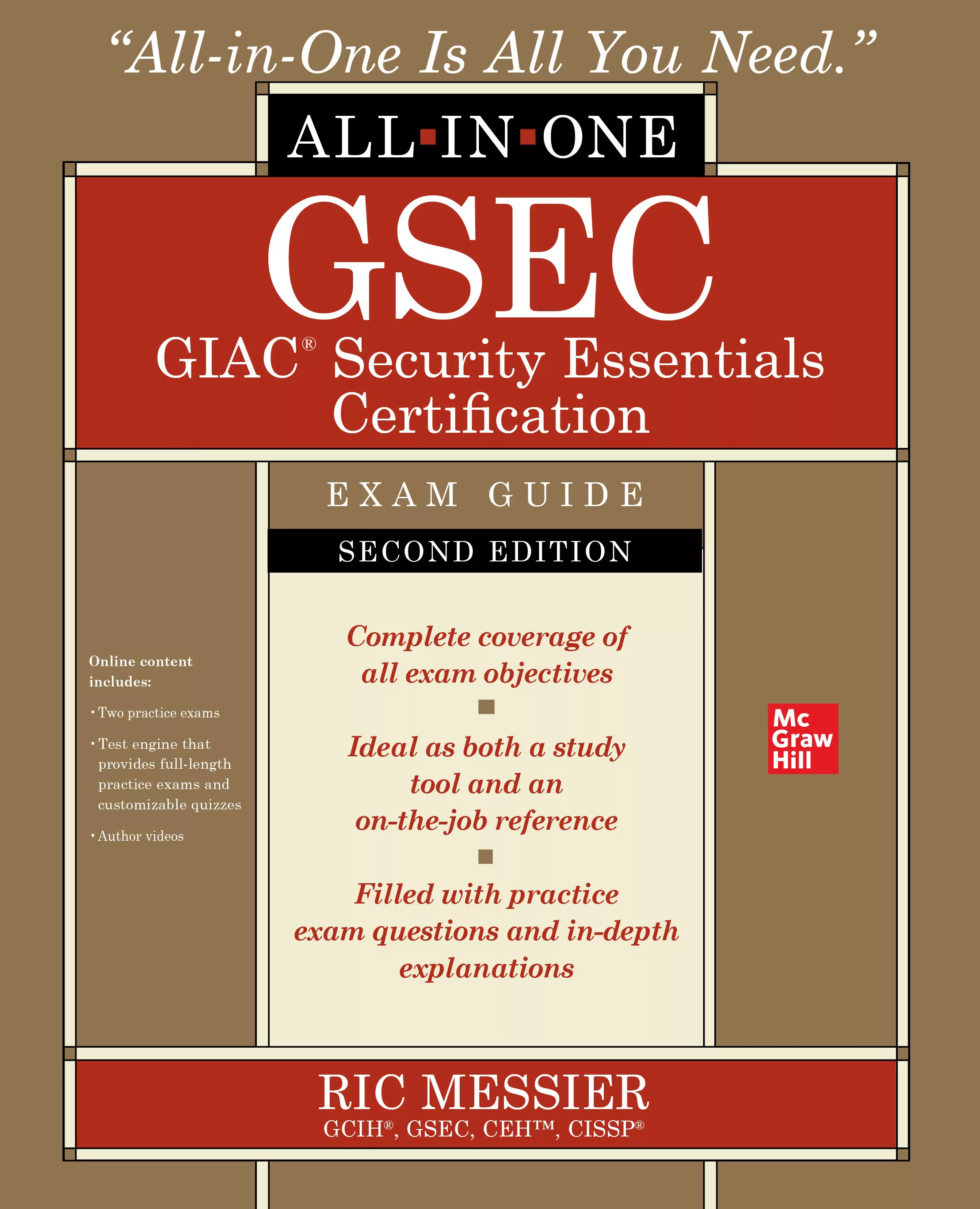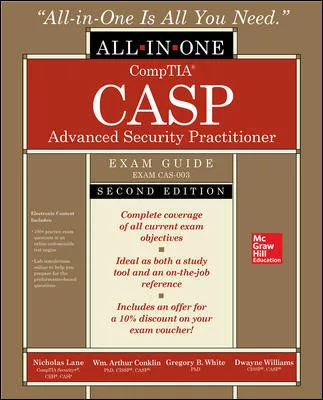Euro 2016: Travel and Security Tips

Euro 2016, one of soccer's most prestigious international tournaments, kicks off this weekend amid heightened security concerns.
The U.K. government warned there was "a high threat from terrorism" at Euro 2016. The State Department issued a similar alert, warning US travelers about travel to the event. France is set to remain in a state of emergency until July 26, after the tournament is over.
Security magazine spoke with Rob Walker, Head of Travel Security Intelligence at International SOS and Control Risks, on travel advice at the Euro 2016.
Is there one area(s) that travelers should avoid?
Rob Walker: International SOS believes that it’s safe to travel almost everywhere, as long as you take the right precautions. There are many things fans travelling to matches, and those in the vicinity of venues, can do to make their journey run smoothly. For example, they can avoid congestion and heavily populated areas by going to matches early and leaving later. If there are groups of people who begin to display anti-social behavior, remove yourself from the situation.
What type of action plan should an individual have who will travel there?
Rob Walker: Regardless of where you are, whenever you go to a large, public event, you should be prepared to respond and have an action plan ready. At International SOS, we recommend fans travelling to the Euro 2016 championships:
• Consider ways to avoid congestion and heavily populated areas by going to the matches early and leaving later
• Keep a photocopy of your ID and a list of emergency numbers
• Be aware of the impact of alcohol on your judgment
• Be vigilant of suspicious activity and aware of your belongings
• Follow developments and official security advisories
What type of action plan should a CSO have for any employees who will travel there?
Rob Walker: CSO’s should primarily focus on preparation and response purposes, follow developments and closely monitor relevant, official security advisories. In case of any incident, they should ensure that they can communicate with their staff at all times and locate them rapidly. We recommend security managers responsible for large groups travelling during Euro 2016 consider using a call cascade system within the group to rapidly account for travelers in the event of an incident.
Furthermore, employees should be fully briefed on the security environment before visiting Western Europe. This should include an assessment of the threats they face, the likely targets in the area and what to do in case of an incident. Security managers should at all times be confident in their plans to react and move their staff, should this be necessary.
Why should petty crime not be underestimated as a threat?
Rob Walker: Despite the terrorist threat attracting substantial media attention, petty crime remains the most likely risk for travelers during Euro 2016. An increase in pick-pocketing should be expected, particularly in crowded areas around stadiums, fan zones and public transport. Travelers should be aware of their belonging at all times, and be vigilant of suspicious activity.
Looking for a reprint of this article?
From high-res PDFs to custom plaques, order your copy today!








